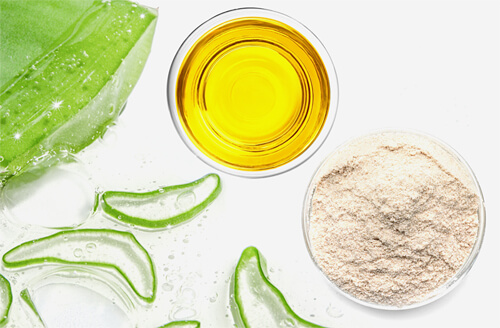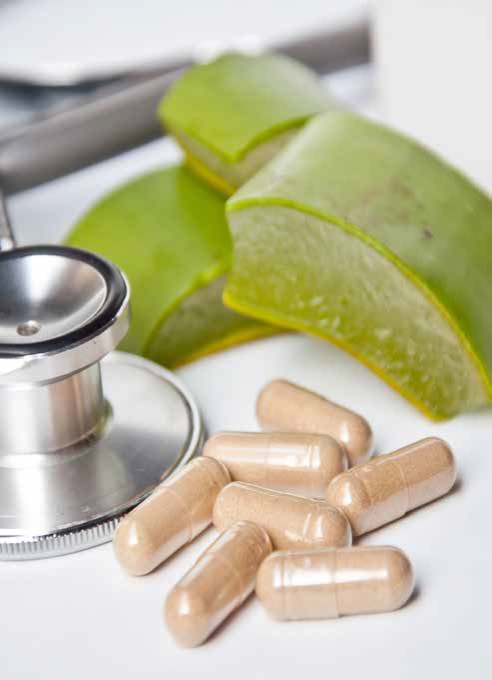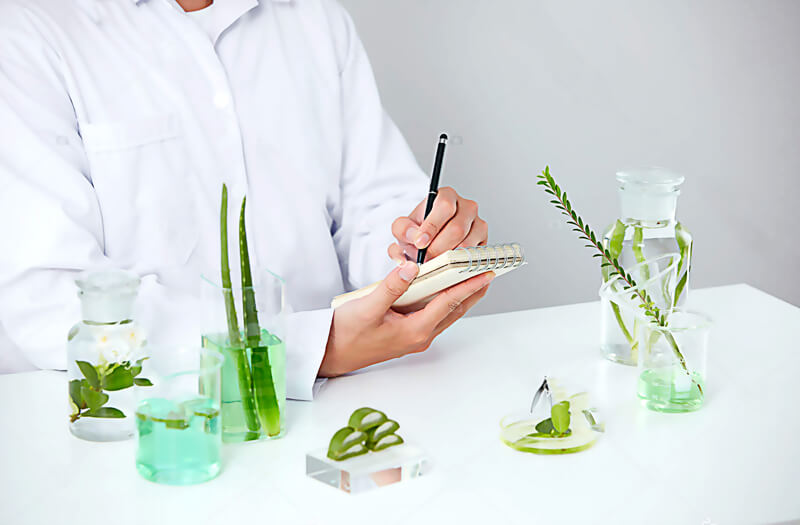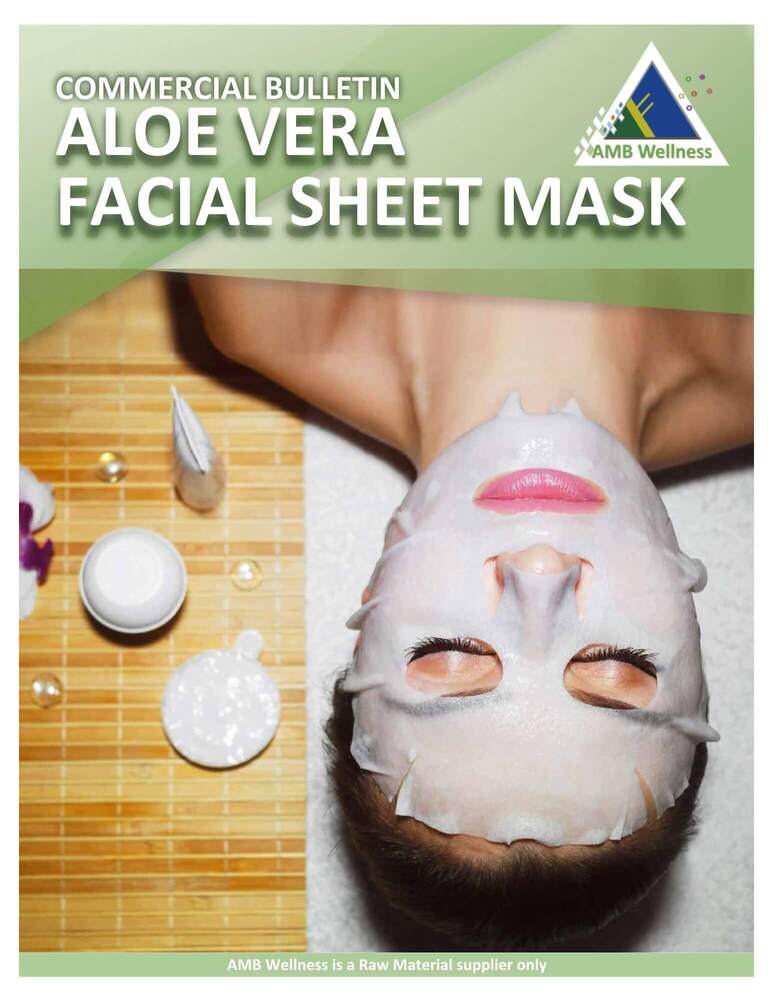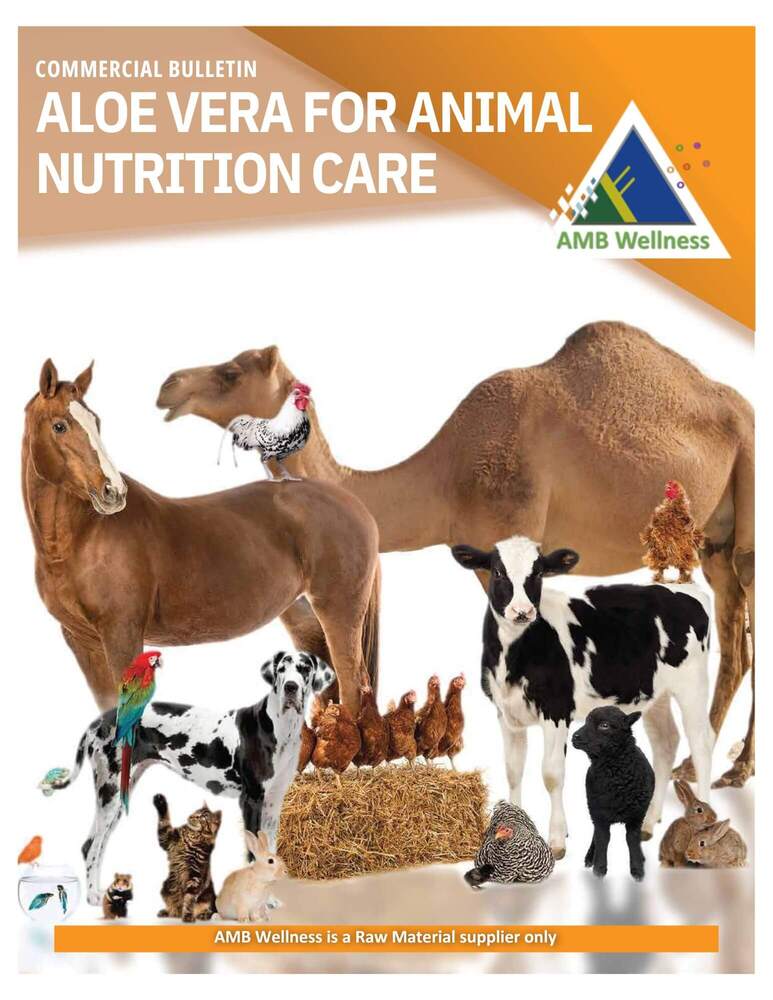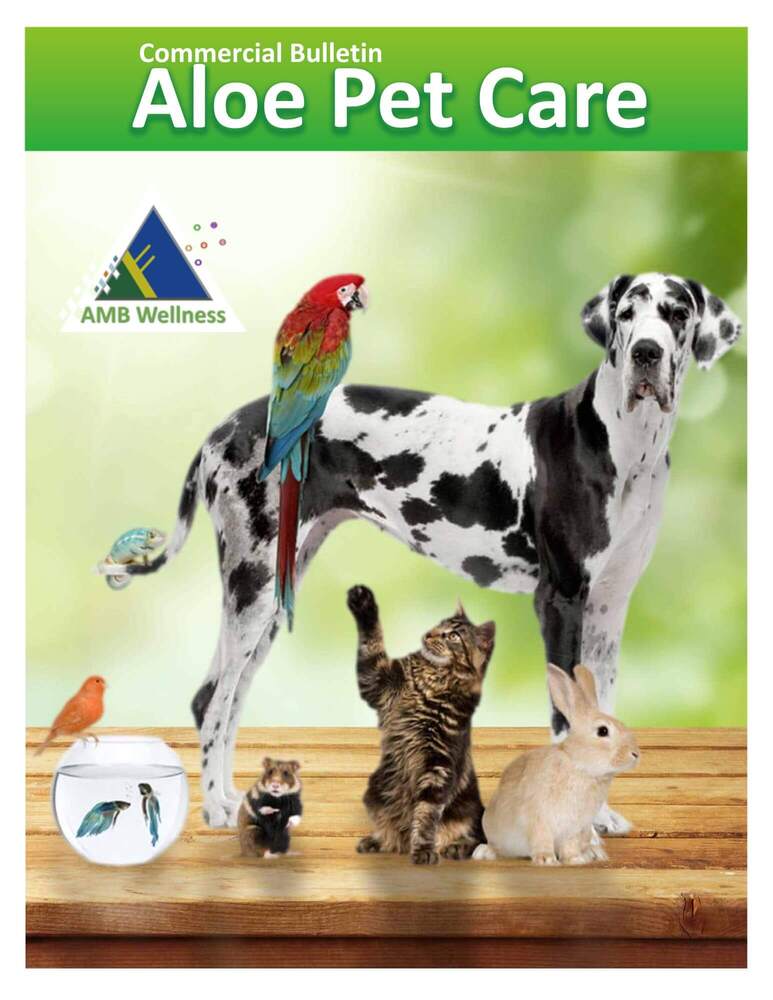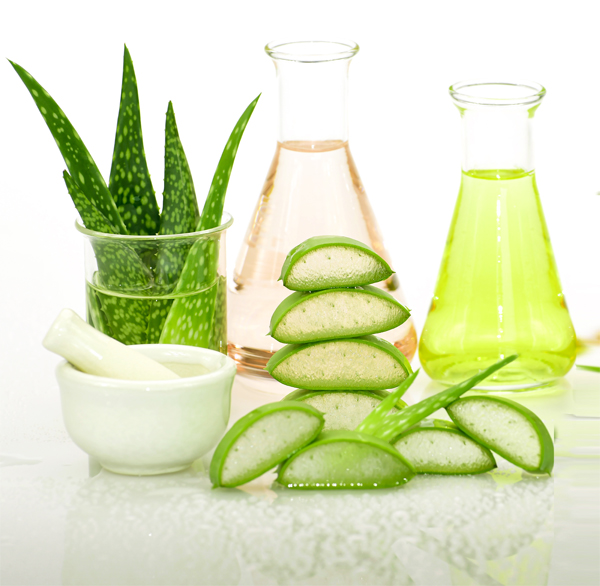Authors O. Sophia, G.M. Robert, W.J. Ngwela
Mango (Mangifera indica L.) is the most economically important fruit of the Anacardiaceae family. World trade in mangoes has been increasing over the years. The world market continues to become more price-competitive in spite of postharvest challenges e.g. losses caused by diseases. Mango is one of the most popular fruits all over the world as it has an attractive color, delicious taste, and excellent nutritional properties. However, mango fruits are climacteric and ripen rapidly after harvest, this limits their storage, handling, and transport potential. Mango is an easy access to post-harvest disease infection and production and consumption imbalances after harvesting lead to considerable losses. Therefore, scientists are working towards prolonging the shelf life of the fruit by slowing down the ripening process while maintaining quality and flavor. Fruit coating after harvesting is becoming popular in this respect. However, possible health risks associated with the residue of the coating materials like fungicides are reducing the scope of coatings. Edible coatings have no residue associated risks and are possible alternative options. The use of Aloe vera gel has drawn interest in the food industry. A. vera based edible coatings have been shown to prevent loss of moisture and firmness, control respiration rate and development and maturation, delay oxidative browning, and reduce microorganism proliferation in fruits such as sweet cherry, table grapes and nectarines. In addition to the traditional role of edible coatings as a barrier to water loss and delaying fruit senescence, the new generation coatings are being designed for incorporation and/or for controlled release of antioxidants, nutraceuticals, chemical additives, and natural antimicrobial agents. It has also been reported that A. vera extracts possess antimicrobial activity against gram positive and gram-negative bacterial pathogens. The use of A. vera gel as an edible surface coating has been reported to prolong the shelf life and to delay changes in parameters related to deterioration of quality in sweet cherry and table grapes, yet no studies have demonstrated the use of A. vera natural plant extract based on its antifungal properties on enhancement of shelf life and quality of mango fruits. Therefore, this study was conducted with the objective of evaluating the effects of the different A. vera gel on postharvest life of mango fruits.

